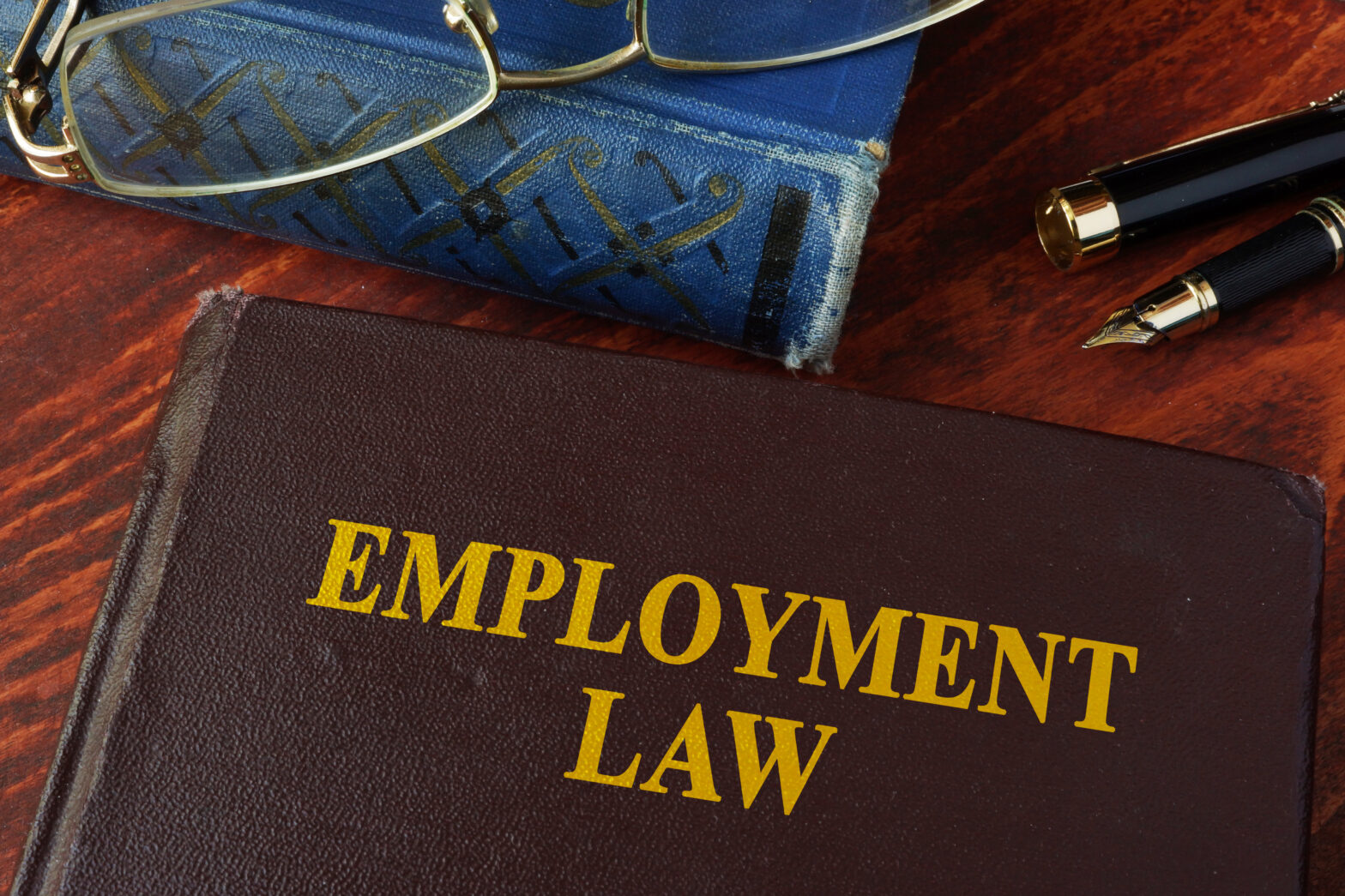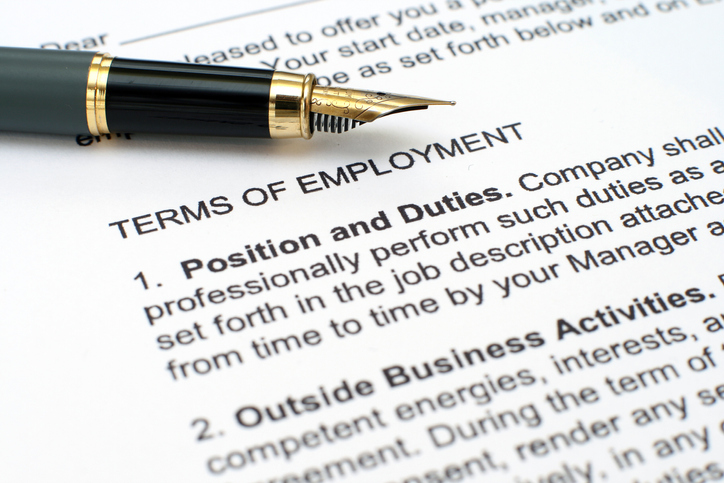Pursuant to section 98 (2) (a) of the Employment Rights Act 1996, capability (by way of poor performance) is potentially a fair reason for dismissal.
Poor performance is an allegation in which the employer finds that an employee’s work is not to a particular standard. For instance, an employee may be missing sales or other business targets, deadlines and/or making mistakes in their work.
If there are issues relating to poor performance, an employer will be at real risk of a claim for unfair dismissal if they fail to follow a fair process.
Before commencing a formal disciplinary procedure, it would be sensible for the employer to address performance issues informally if at all possible. This could include a performance improvement plan.
It is usual for an organisation to have its own policies when dealing with matters relating to poor performance. ACAS also have a code of practice which many organisations either base their internal policies upon and/or use in conjunction with their existing policy.
If an organisation does not have its own policy, an Employment Tribunal would, at the very least, expect to see compliance with the ACAS’ code of practice failing which any Order for damages (assuming that an employee is successful in a claim for unfair dismissal) could be increased. The ACAS code of practice provides guidance for employers to ensure that performance issues are dealt with fairly at work.
There are a series of steps that are recommended within the ACAS code of Practice which an employer should be mindful of (as well as their own internal policy) when dealing with performance issues. They are as follows:-
A thorough investigation
An employer should carry out adequate investigations to ascertain the facts to see whether an allegation of poor performance has merit. During this process, the employer should identify all of the key evidence to support the allegation.
An investigation may include monitoring, reviewing appraisals and/or reviewing stats with other seniors. A thorough process should also identify the reasons for the poor performance. This is crucial because it may be the case that the poor performance has arisen as a consequence of the employer’s failings – and not the employees. For instance, poor performance could arise due to inadequate training given to the employee. If that was the case, a subsequent termination of employment (due to poor performance) could be met by an immediate claim for unfair dismissal by an aggrieved employee.
A fair and thorough investigation could therefore prevent claims at the Employment Tribunal.
For the avoidance of doubt, employers and employees should be mindful of the fact that an investigatory meeting should be impartial. It should not amount to and/or be regarded as a disciplinary action itself.
Keep employees fully aware
There is an obligation to keep the employee updated throughout all stages.
Following an investigation, if there is a case to answer then an employer should notify the employee the following in writing:-
- the nature of the poor performance
- the possible consequences
- appropriate evidence
- time and venue of the disciplinary meeting
- the right to be accompanied at the meeting by a work colleague, a trade union representative or an official employed by a trade union
Employers are reminded that a failure to follow the above could be regarded as a breach of the ACAS Code of Practice and could result in an uplift in damages if the employee successfully pursues a claim for Unfair Dismissal.
Employers are also reminded that an invitation to a disciplinary meeting and the disciplinary meeting itself should not be regarded as disciplinary action. Rather, they are a means of investigating whether there is a case for poor performance.
Warnings and opportunities to improve
Following a disciplinary meeting, the employer will determine whether disciplinary action is justified.
If having reviewed the evidence and the employee’s version of events (during the investigation meeting), a finding of poor performance is made, an employer can issue the employee with a first written warning.
The warning should identify the nature of the poor performance together with the level of improvement required. Reasonable timescales should also be included in addition to dates for periodic reviews. A reasonable timescale depends upon the facts of each case. Factors to consider may be the level of poor performance, the employee’s length of service and/or the impact of the poor performance upon the business.
An employer should also inform the employee about the consequences of further disciplinary action. That can include a final written warning or even a dismissal (if the employee is at the final written stage).
Dependent upon the nature of the poor performance and/or the impact of it, poor performance may justify an immediate final warning. Before making that decision, an employer should consult with Solicitors.
Right to appeal
This is a procedural element which some employers may fail to comply with.
If an employee is unhappy with the employer’s decision, they have the right to appeal. An employer must therefore ensure that (a) they inform the employee of that right and (b) they have an appeal process in place.
Notice of the employee’s right to appeal should be given at the time that the disciplinary action is taken. A time scale for filing an appeal should also be given (usually 5 working days).
An appeal should be dealt with impartially and ideally by a different manager (if at all possible). As with the initial disciplinary meeting, the employee has a statutory right to be accompanied at an appeal hearing, and which should be heard without delay.
Dismissal for performance
In some cases, a dismissal for poor performance may be inevitable.
An employer should firstly consider whether there are any conduct issues that can be relied on. That may be a safer and quicker method for dismissing an employee. For instance, persistent lateness and/or rudeness by an employee and/or bring the organisation into disrepute.
If a finding of poor performance is made, it is usual for employer’s to set targets and improvement levels. Targets need to be measurable and achievable with guidance and support provided.
The review of the employee’s performance need not be too long. It simply needs to be reasonable for the employee to achieve the objective. Review periods typically last between 4 to 12 weeks depending upon the circumstances.
At the end of each performance review period, meetings should be held to review the employee’s performance. If the performance has not improved, then a warning should be issued and a further performance review period should be entered into. If at the end of the second performance review period there is no improvement, the employer could issue a final written warning.
If there is still no improvement, an employer should consider dismissal at a final performance review meeting. It would be sensible for the employer to seek legal advice at all stages to minimise the risk of a claim for unfair dismissal.
If there is a dismissal, it should be on notice. An employer should be mindful of the fact that poor performance does not amount to gross misconduct.
Evidence of the employee’s poor performance should be kept and reviewed with the employee at each stage of the process. All evidence should be preserved given that it will be used to defend a case for unfair dismissal if the employee decides to proceed with a claim.
Legal alternatives
An employer should be mindful of the fact that an employee could also lodge a grievance if the employee does not agree with the performance process and/or the outcome. Although the employee should try to resolve all grievances informally in the first instance (depending upon the seriousness of the grievance) a formal process may be inevitable.
To avoid animosity, the parties could try and reach an agreement on mutual terms by entering into a Settlement Agreement. That will often involve the termination of the employee’s employment. This is a highly tactical position and should not be adopted by either party without first seeking legal advice.
Asif Robbani, LLB(Hons) LLM is director of Francis George Solicitor Advocate.





